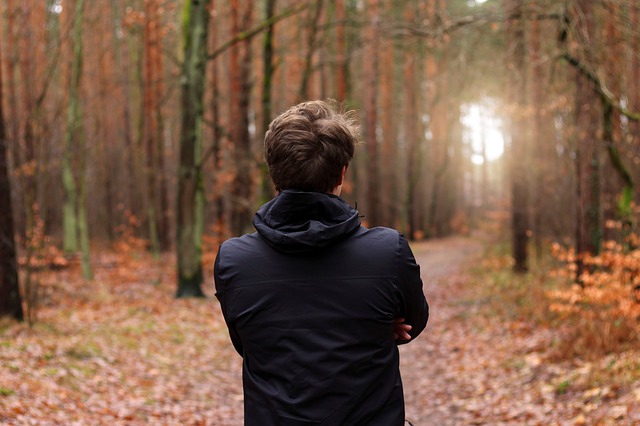Creating a stable community aids the success of program.
The mission of the Upper Room Recovery Community is to provide safe and stable transitional housing to persons in recovery from addiction from drugs and alcohol and to assist them in moving toward a productive and independent life.

The program, which opened in South Bend, Indiana in 1982, has a long, respected history and reputation. Our target population is men and women, who despite their history of addictions, have achieved a minimum of 30 days clean time, are committed to their recovery and are striving to return to independent and self-directed living.
We opened our Women’s Home in a renovated historical South Bend home in September of 2019. We currently have 16 beds for women and 30 beds for men, which are almost always full with a waiting list.
The URRC is a certified INARR Level lll Recovery Residence. We are committed to empowering women and men to stay substance-free and become self-sufficient and physically, emotionally and spiritually healthy. We believe that recovery comes from living a self-directed life in a healthy community. The things that persons in recovery need to live a full life are no different from what everyone needs — positive relationships, work/purposeful activity and somewhere safe and secure to live.
We view recovery as a person-driven, holistic and a lifelong process. Our goal is to offer a physically and emotionally safe, secure and respectful environment, while fostering mutually supportive relationships between residents and staff. We strive to empower our residents to become healthy so they can effectively share their gifts within their families and in the local community.
Though we are not a treatment facility, we partner with many agencies in the recovery community to create comprehensive services to our residents. The community views our program as a very important piece in the recovery process.
While living in a safe and stable environment, all our clients are required to obtain substance abuse treatment through our local community mental health/addiction services provider, Oaklawn Addiction Services.
During 2020, we served 142 clients, 129 (91 percent) of which were indigent upon entry to our program. Most come from to the Upper Room from being incarcerated or from other inpatient treatment facilities and are unemployed or underemployed. Because of generous donors such as the John Joseph Sigstein Foundation, we are able to accept those without ability to pay fees for living expenses until they can, up to 60 days. Our normal fees are $400 per month, which includes rent, food, and all services.
The URRC obtains referrals from other community agencies such as Drug Court, Adult Probation and treatment providers such as Oaklawn and Recovery Matters. Each resident is required to attend daily 12-step meetings for the first 90 days and three meetings per week thereafter. All residents are also required to receive a mental health/addictions assessment through Oaklawn and must agree to abide by any recommendations for further treatment or therapy. They also need to fulfill community service requirements within First United Methodist Church, Downtown South Bend, Indiana, where the men’s Upper Room program is housed. The typical length of stay for successful residents is approximately 12 months, although longer stays are allowed, depending on the goals and progress of the individual.
Case management is provided to every person. One-on-one individualized care is a priority, and we view this as a crucial piece in the recovery process. This consists of meeting weekly for goal setting, evaluation of progress of these goals and accountability for all program requirements. The case manager and resident work together on an ongoing recovery plan which offers support and resources. Case managers or trained volunteers offer valuable life skills coaching, job or vocational readiness placement coaching and guidance in financial management. In addition, several residents, including our resident assistants, have been trained as peer mentors as part of our recovery-based model.
Our recovery housing program has provided historical success. During 2020, nearly 40% of the clients who left our program went with continuous sobriety, a recovery plan in place, a support network in place, any criminal justice issue managed or resolved, along with a safe place to stay.

The past several months of the pandemic have presented a unique set of challenges for us. Many factors have contributed to a dramatic national increase in substance use relapse and in overdoses. Most of our treatment partners and 12-step groups have transitioned to virtual meetings which are not nearly as effective. And, we have endured a number of quarantines due to positive COVID tests. Our clients need us now more than ever.
Our fundraising has been limited, as has been our residents’ ability to pay because of employment issues related to the pandemic. We are fortunate that we are a part of a very generous community and that we have been able to continue to provide full services and to keep all of our residents housed, regardless of their ability to pay their fees. Our donors have been very generous through all of this, and we thank God for our ability to carry on. ◊
By Rich Fox, Director of Upper Room Recovery Community
Read more short articles about the Upper Room
